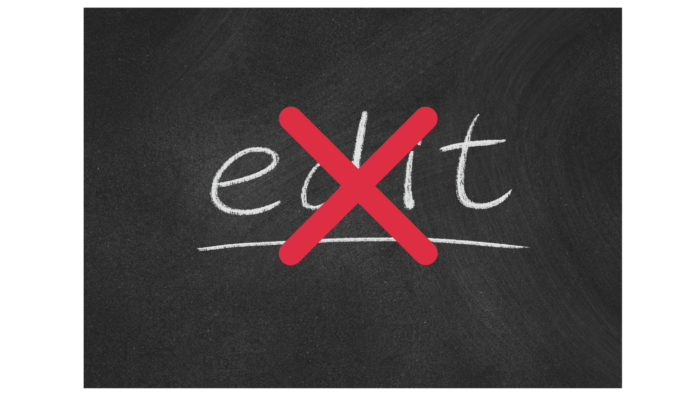2024 (and 2025!) California Homestead Exemption, increased by inflation
Brand new! The maximum 2025 California Homestead Exemption amounts
The 2025 California homestead exemption numbers are already available, and different from last year, and even the original range of $300,000 to $600,000. In fact, in 2024, they top out way higher than $600,000, which helps you save more of your home from creditors than the homestead exemption could in 2024. Why? Because of inflation. The new California homestead exemption is tied to the CPI, or consumer price index. And everyone knows things lately aren’t cheap.
Summer 2024 update: The inflation-adjusted 2025 California homestead exemption should be out any time. See below what it will be for cases filed after Jan 1, 2024, and soon, January 2025.
Continue reading “New! 2025 California Homestead Exemption Increased by Inflation”










